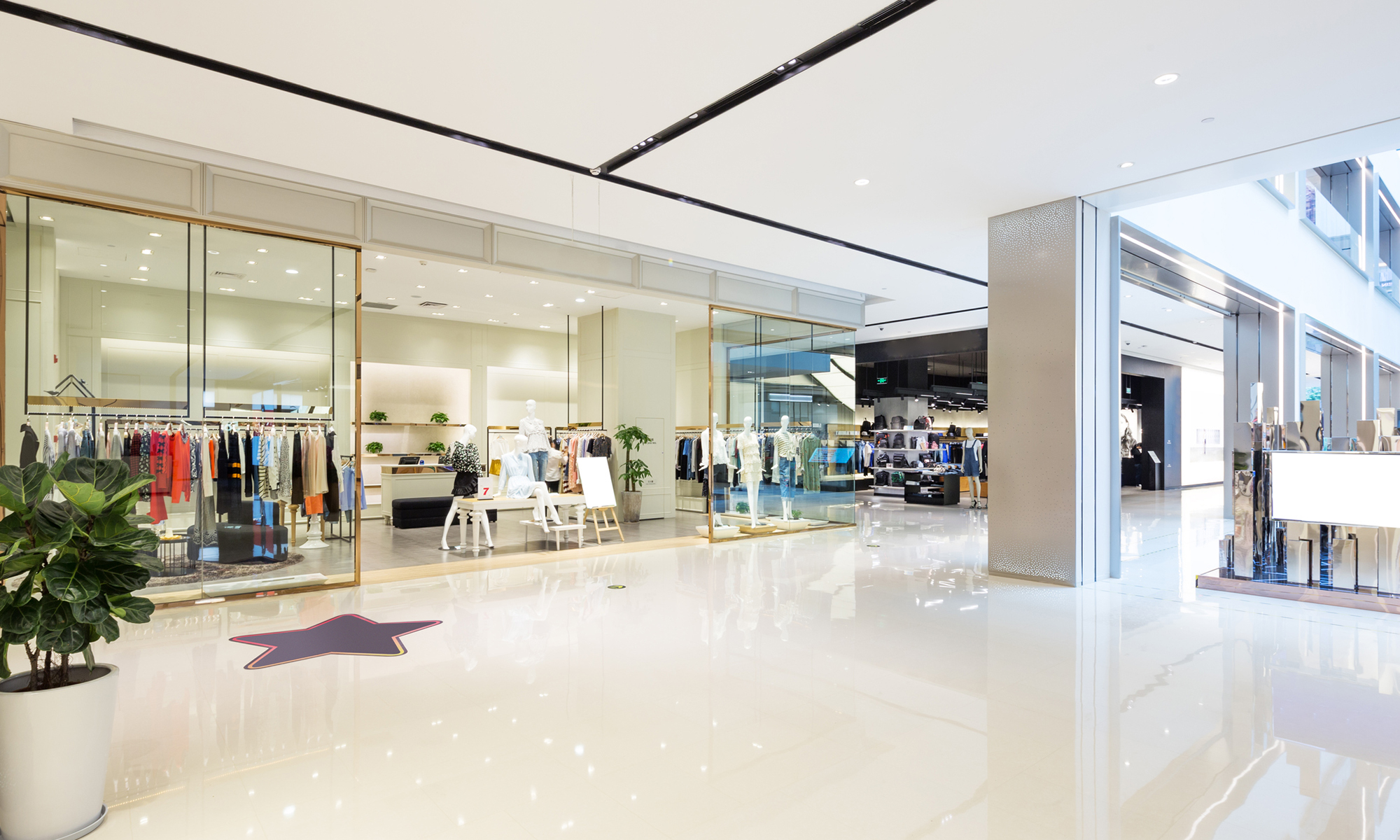In the beauty world, a “clean” product brings to mind one or more of the following features: sustainable, nontoxic, ethically made, cruelty-free, or even vegan.
Such broad associations speak to the appeal of “clean beauty” products: They can make consumers—especially climate-conscious Gen Z and millennials—feel like they’re making the better choice for themselves and the planet. The “clean beauty” market, which is forecast to expand to $15.3 billion by 2028, has grown from its roots in luxury and independent brands to take over shelves of products at mass-market retailers like Target.
But companies’ self-imposed definitions of what they consider to be “clean” has led to doubts about industry claims, fueling consumer-led class actions and raising the legal risk for companies trying to capitalize on product demand. While regulators are eyeing potentially misleading environmental advertising—and some beauty brands are even hoping they’ll clarify what’s “clean”—it’s the courts that will likely be the first to decide when use of the trendy term crosses into a type of greenwashing. […]
Still, the risk of regulatory enforcement for “clean” claims is fairly low, and it’s unlikely that the FTC will home in on the term for now, said Kelly Bonner, an attorney at Duane Morris who advises companies on consumer litigation and enforcement risks, including those in the beauty industry.
“I don’t think the FTC is going to focus so much on ideas of ‘clean’ or ‘natural’ given that it hasn’t defined these terms and it’s still unclear as to what these mean,” she said. “It’s more likely that it will get worked out in consumer protection suits and the courts.”
To read the full text of this article, please visit the Bloomberg Law website.
